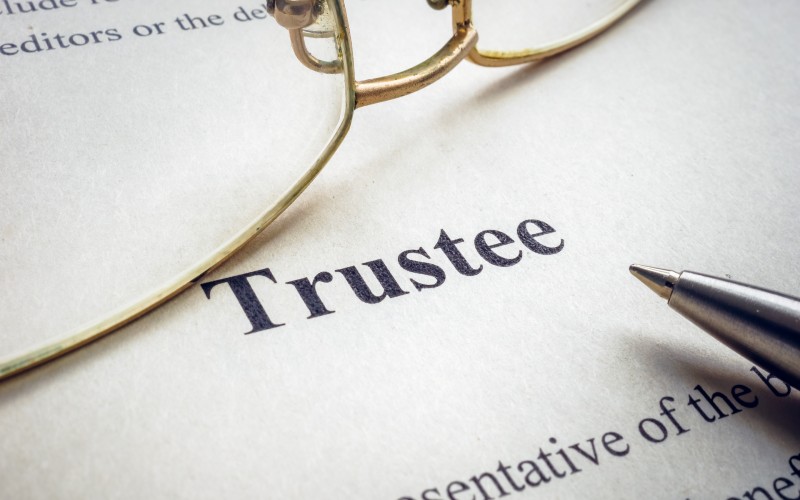
This week, the Charity Commission published its long awaited report on the Captain Tom Foundation. While it featured some significant examples of poor governance, it also serves to highlighted certain fundamental tenets all trustees (especially charitable trustees) must keep in mind.
Trustees owe a fiduciary duty to the beneficiaries. That imposes the highest standards of probity on Trustees who must act impartially when making decisions where the interests of the beneficiaries are paramount. Put simply, trustees are in a position of trust and must act accordingly. Those duties apply irrespective of the size or value of a trust.
At the heart of a trustee’s duties is to avoid conflicts of interest. This is the legal responsibility to act solely in the best interests of another party and to not place them in a position where personal interests / loyalties may conflict with that of the beneficiaries. For example, a trustee, could be in breach of their duties if (in a personal capacity) they undertook activity that competed with a trust or obtained a personal benefit or profit from their actions. Such conflicts are not simply discouraged but they are prohibited.
The guiding principle of charity trusteeship is that charity trustees have an overriding duty to promote the charitable purposes of the organisation. A trustee should not use a charity’s assets in any way irrelevant or contrary to the organisation’s specific purpose or objective. Such objectives should be reviewed regularly. A trustee could be personally liable to the beneficiaries for making up any loss to the trust fund, if they act contrary to their trustee duties.
There is also a general duty of care and this has been expanded and toughened up by recent legislation. The duty of care required by charitable trustees (rightly) is higher than that of non-charitable trusts. A charitable trustee must act with the care and diligence that it is reasonable to expect of a person who is managing the affairs of another person. With a higher standard of care comes a higher expectation of accountability, requiring charity trustees to produce annual reports on the likes of the public benefit of the organisation.
The duties are onerous and even perceived conflicts—where no legal wrongdoing occurs—can damage a charity’s reputation and erode public trust in charities generally. What happened with the Captain Tom Foundation is a classic example of this risk.
While this story may be an outlier of the issues that can occur, it reminds trustees of the importance of being alive to the risk of conflicts. It is vital that governance is in place so that problems can be foreseen, avoided and if they still arise can be sorted quickly. Part of that includes the responsibility of trustees to disclose potential conflicts as early as possible, and refrain from participating in decisions where conflicts exist.
There can be times where conflicts can innocently potentially arise, especially where Trustees have other professional roles that are to be balanced by their responsibility as a trustee. A classic example is where a trustee also provides paid assistance in their professional capacity to a trust or charity. They are entitled (when they are acting in this professional capacity) to be remunerated and a clear policy that allows for this to occur is common place. The key is transparency, fairness and to ensure any remuneration is reasonable. A similar situation can arise when a Trustees holds an executive paid role within a charity. They are entitled to be paid but it is best if their salary is set independently to avoid even the perception of a conflict
Being a Trustee is a very rewarding role and can allow for great personal growth and development. It can be an opportunity to share and utilise skills for the benefit of others. The framework of duties inherent in such a role should be seen as enhancing the role and benefit provided, not inhibiting it. That said, a Trustee should never forget their duty towards beneficiaries.
